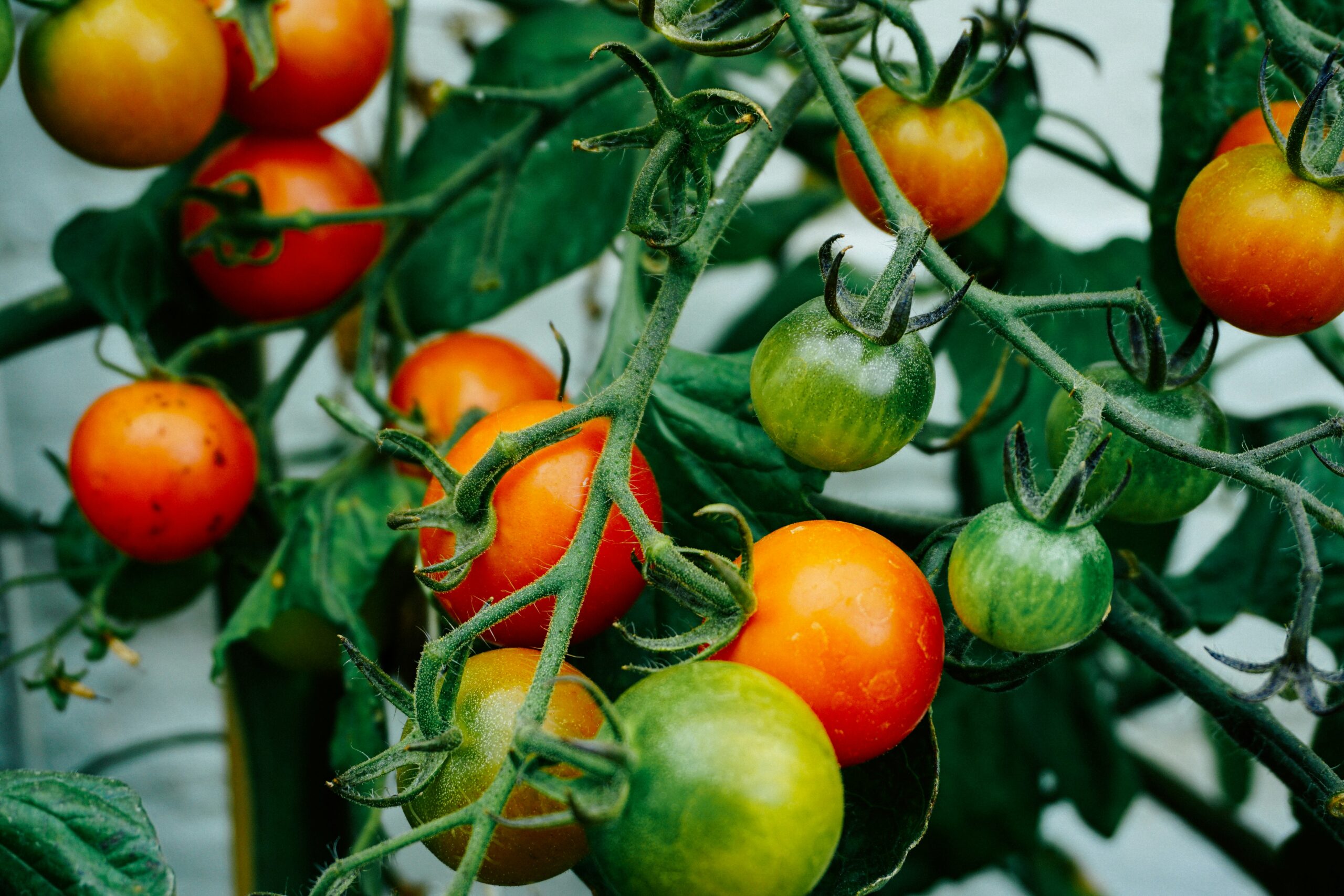The Importance of Local Food Plants and Indigenous Wisdom
Introduction
In recent years, there has been a growing interest in exploring local wisdom and traditional knowledge in the utilization of natural resources, particularly in the context of local food plants. Local food plants are an integral part of a region’s cultural heritage and have been used for centuries by indigenous communities for sustenance, medicine, and various other purposes. This blog post aims to shed light on the importance of local food plants and the valuable knowledge embedded within local communities.
The Significance of Local Food Plants
Local food plants play a crucial role in ensuring food security and promoting sustainable agriculture. These plants are often well-adapted to the local climate, requiring minimal inputs such as pesticides and fertilizers. Additionally, they are often rich in nutrients and have unique flavors, adding diversity to our diets and enhancing culinary experiences.
Furthermore, local food plants can contribute to the preservation of biodiversity. Many traditional food plants are native species that have evolved alongside local ecosystems. By cultivating and consuming these plants, we can help protect them from extinction and maintain the delicate balance of our natural environment.
Exploring Local Wisdom
The utilization of local food plants is deeply rooted in the wisdom and knowledge passed down through generations. Indigenous communities have developed intricate systems of cultivation, harvesting, and processing techniques that are finely attuned to their local environment and cultural practices.
One example of local wisdom is the practice of intercropping, where different food plants are grown together in a complementary manner. This not only maximizes the use of available space but also enhances soil fertility and reduces the risk of pests and diseases. Through intercropping, indigenous farmers have been able to sustainably cultivate a diverse range of food plants, ensuring a resilient and productive agricultural system.
Another aspect of local wisdom is the traditional knowledge surrounding the use of local food plants for medicinal purposes. Indigenous communities have long relied on the healing properties of certain plants to treat various ailments. This knowledge is often passed down orally and is deeply intertwined with cultural practices and beliefs.
Preserving and Promoting Local Food Plants
Despite their immense value, many local food plants are at risk of being forgotten or replaced by commercially produced crops. The loss of these plants not only threatens biodiversity but also erodes the cultural heritage and traditional knowledge associated with them.
Therefore, it is crucial to preserve and promote the use of local food plants. This can be done through various means, such as supporting local farmers who cultivate these plants, creating awareness about their nutritional and cultural significance, and incorporating them into culinary education and tourism initiatives.
Furthermore, collaboration between indigenous communities, scientists, and policymakers is essential in ensuring the sustainable management and conservation of local food plants. By working together, we can create policies and practices that respect and value the traditional knowledge held by local communities, while also promoting environmental sustainability and food security.
Conclusion
Exploring local wisdom in the utilization of natural resources, particularly local food plants, is not only a means of preserving cultural heritage but also a pathway towards sustainable agriculture and biodiversity conservation. By recognizing and valuing the knowledge embedded within local communities, we can foster a more holistic and inclusive approach to food production and consumption. Let us embrace the wisdom of our ancestors and work towards a future that respects and harnesses the power of local food plants.
